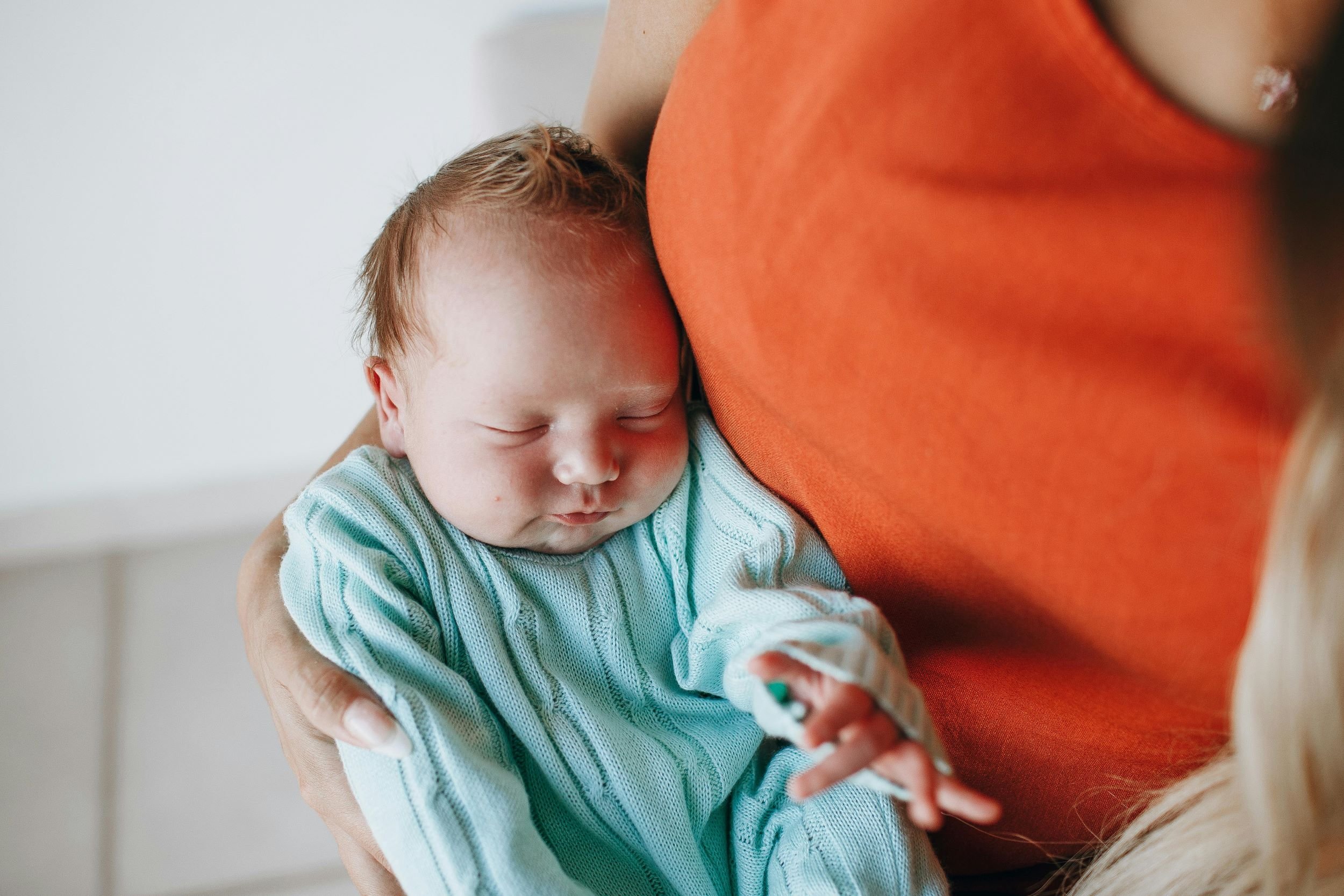It's hypothesized that sleep problems during early development can contribute to emotional and behavioural problems in young children.
Currently, it's estimated that up to 35% of children under the age of two years old have frequent issues with sleeping. Although sleep problems have long been linked to a number of developmental outcomes including behavioural, mental health and socioemotional issues, the role sleep plays in the development in these issues is yet to be clarified.
In addition, prenatal influences, such as the disruption of the circadian rhythm, have been shown to influence sleep development in utero. The circadiun rythm is the natural cycle of physical, mental and behaviour changes that the human body goes through in a 24-hour cycle. When distrupted, for example during shift work, this has shown to increase the risks of preterm delivery, low birthweight and miscarriage.
Infants spend a signficant portion of their first two years sleeping, where sleep development occurs alongisde brain development - including the development of the motor system and maturation of the visual cortex. This complex and rapidly changing development of infant sleep, which is further dependent upon individual rates of maturation, makes it difficult to understand and measure normal and abnormal infant sleep.
The DreamStart study aims to assess the role of sleep in the earliest periods of development, prior to the advancement of behavioural problems, with the aim of identifying critical periods during which interventions may be most effective.
This will be achieved through exploring both the potential prenatal influences that may influence infant sleep patterns in the early years, as well as exploring the potential associations that problematic sleep may have on early development.
The outcomes of this project will include:
- Identification of potential relationships between prenatal maternal mental health problems and infant sleep problems in the first year of life.
- Information regarding whether sleep problems are an independent predictor or a potential mediator of later behavioural and socioemotional problems.
- It will provide important population level data regarding the prevalence of diagnosed sleep disorders within the Australian paediatric population.
- Lastly, this project will contribute to recognizing sleep health as a national priority, alongside the need to promote sleep health in the public health agenda.
DreamStart will utilise the ORIGINS cohort that have data available for sleep measures, including the Brief Infant Sleep Questionnaire and Child Health Sleep Questionnaire. Data available for emotional and behavioural development will also be used, including the Ages and Stages 3 Questionnaire and the Strengths and Difficulties Questionnaire.
Data available on maternal mental health will also be assessed, including the Edinburgh Postnatal Depression Scale (EPDS) and the Depression Anxiety and Stress Scale (DASS-21).
Investigators
- Ms Amy Braddon, PhD Student at Curtin University
- Amy Braddon was the first recipient of the ORIGINS PhD Student Award, which includes $15,000 in research funding
- Dr Sarah Whalan, Data Manager at ORIGINS
- Dr Kim Betts, Senior Lecturer at Curtin University
- Professor Rosa Alati, Head of School of Population Health at Curtin University
- Professor Peter Eastwood, Deputy Vice Chancellor Research and Innovation at Murdoch University
- Dr Kelly Sansom, Research Associate at Flinders Health and Medical Research Institute

